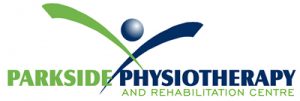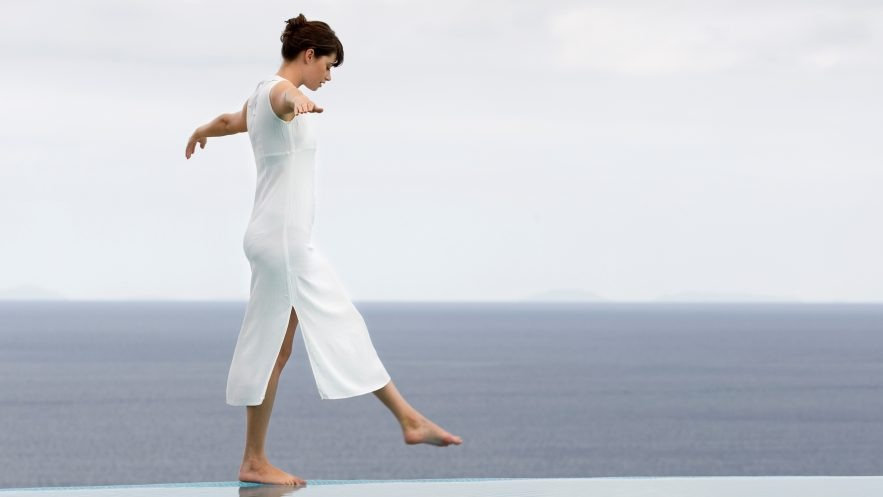WHAT IS VESTIBULAR REHABILITATION?
Vestibular rehabilitation therapy (VRT) is a specialized form of therapy intended to alleviate both the primary and secondary problems caused by vestibular disorders. It is an exercise-based program primarily designed to reduce vertigo and dizziness, gaze instability, and/or imbalance and falls. Other problems can also arise that are secondary to vestibular disorders, such as nausea and/or vomiting, reduced ability to focus or concentrate, and fatigue.
For many, compensation occurs naturally over time, but for people whose symptoms do not reduce and who continue to have difficulty returning to daily activities, VRT can help the individual with the proper training to restore balance within the body and return to their prior way of life.
Vestibular system is your inner ear that might sometimes have a decreased function due to a variety of causes, some of the most common causes are:
- Inner ear infections/disorders after a flu
- Crystals of calcium carbonate moving in inner ear
- Vestibular nerve inflammation
- Migraines
- Tumors
- Stroke
- Head injury
- Frequent fall
Common symptoms that can be helped with vestibular rehabilitation include:
- Benign Paroxysmal Positional Vertigo ( BPPV)
- Vestibular neuritis
- Meniere’s disease
- Symptoms related to vertigo, dizziness and light headedness
- Balance and gait deficits
- Dizziness or blurry vision with head movements, walking and daily mobility
- Musculoskeletal related Neck tightness, stiffness, and/or pain
- Headaches
- Frequent falls/ Decreased coordination and body control
- Vertigo/spinning
- Difficulty concentrating.
At Parkside Physiotherapy initial visit begins with a comprehensive assessment that include collecting a detailed history of the symptoms and how these symptoms affect daily activities. The therapist will screen the visual and vestibular systems with various tests. A customized exercise plan is developed from the findings of the clinical assessment.
Vestibular Physiotherapy is carried out by a Registered Physiotherapist, if you have extended health coverage for physiotherapy you will be covered.
Please visit the following link:
http://vestibular.org/understanding-vestibular-disorders/types-vesibular-disorders/benign-paroxysmal-positional-vertigo


